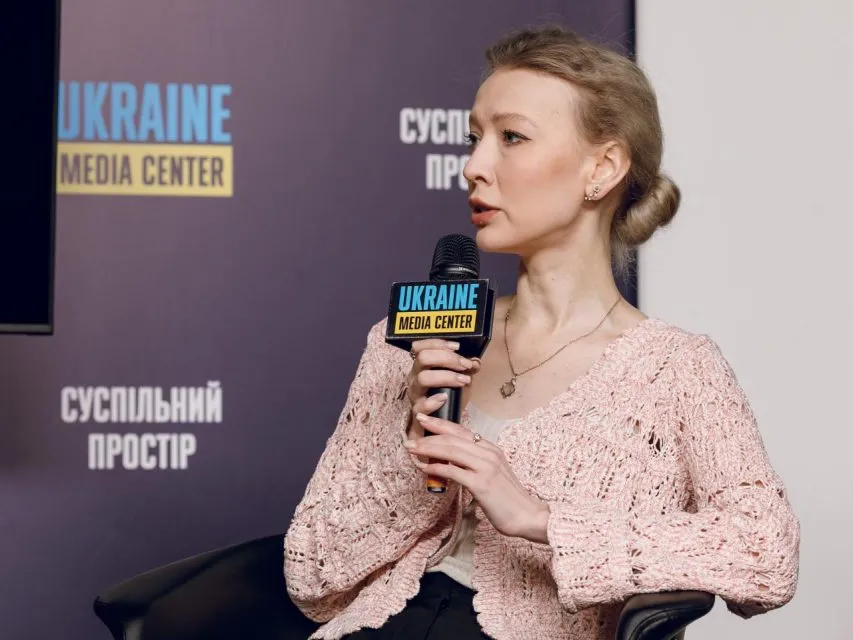
Data on 30,000 deported children: Kateryna Rashevska explains what’s wrong with the figure currently being actively discussed
The figure of 30,000 deported Ukrainian children that may be in the Yale Humanitarian Lab’s database is the result of a mix of information sources that need to be thoroughly verified.
Kateryna Rashevska, an expert from the Regional Center for Human Rights, emphasized this during a briefing at the Media Center Ukraine.
“In terms of the database that might have been at the Yale Humanitarian Research Lab, this is what they collected as part of their various studies. One was on the deportation, forced displacement and transfer of Ukrainian children to so-called ‘re-education camps’. At the time, the Yale Humanitarian Research Lab was talking about about six thousand children,” she said.
According to Rashevska, information on the adoption of Ukrainian children was also presented, which mentioned over 300 children identified as deported and placed with russian families. At the same time, these children are already included in the total number of 19,546 individuals that are part of Ukraine’s own database.
“When we talk about the number of 19,546, these 300 children are included,” the expert clarified.
She also noted that when she tried to understand where the figure of over 30,000 children came from, she found that the primary source of this information was likely the individuals who compiled these lists. In particular, this data was confirmed in an interview with Nathaniel Raymond, executive director of the Yale Humanitarian Research Lab.
“In an interview with the BBC in March 2024, Nathaniel Raymond said that 19,546 was the number of children on the Ukrainian list. So has this list been deleted? No, it remains with us. And 10-12 thousand are children who were taken to ‘re-education camps’,” Rashevska noted.
The expert also stressed that the claim that children remain in these “re-education camps,” as is often reported, can neither be confirmed nor refuted because there is no access to the areas where these camps are located.
“The claim that all of them are still being held there, as was the case in October 2022 and March 2023, we can neither confirm nor deny, because no one has access to the areas where these camps are located,” she explained.
Rashevska urged caution regarding information that appears in the media, noting that such news, especially about deported children, can be exploited for political purposes.
“Now they want to instrumentalize Ukrainian children. We will actively counter this,” she concluded.
Read more: https://mediacenter.org.ua/news
 Back
Back 